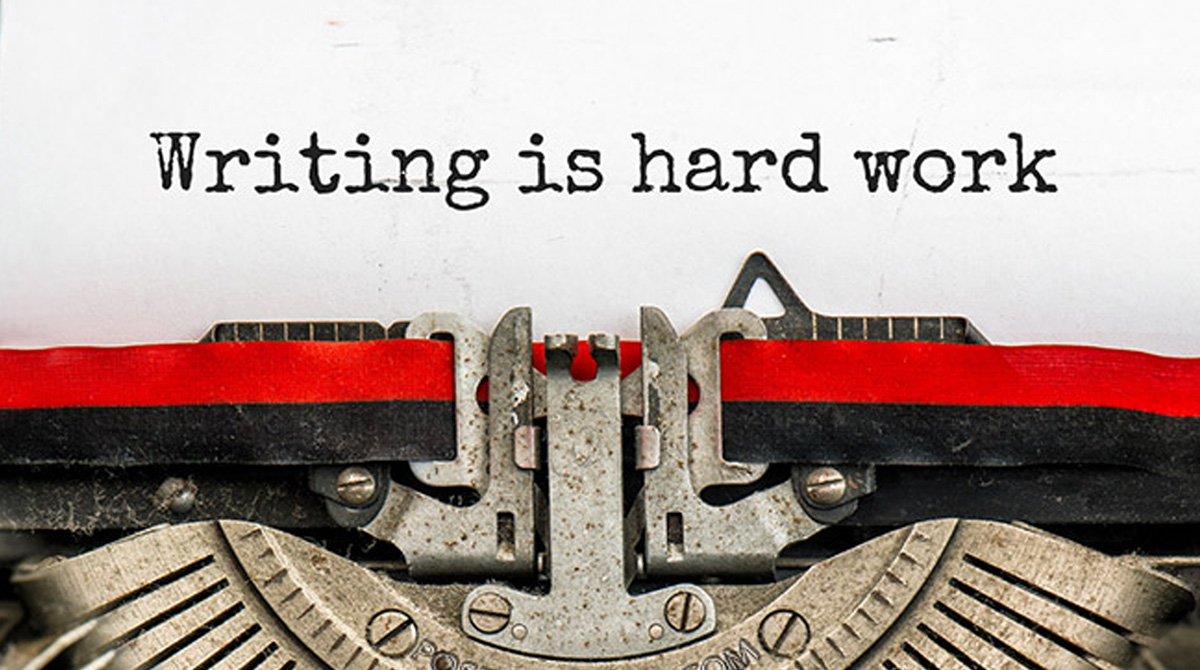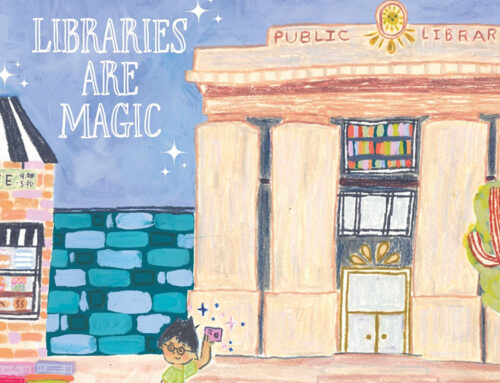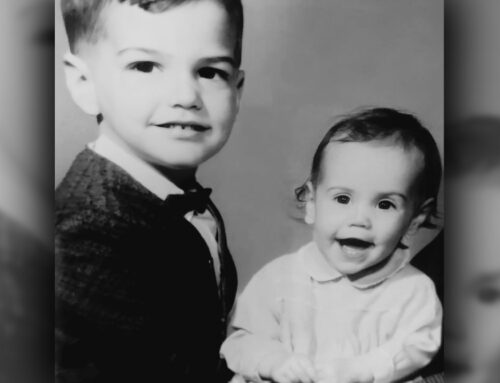Writing Through Difficulty

I know, the expression is “practice makes perfect,” but there is no perfect when it comes to writing. There is only, “As close to perfect as I can make it.”
You write, you revise again and again (for years!), and then when you give a reading of it you still think of how you could improve it.
But I do know this: practice does make proud. Especially when it’s something that feels impossible to pull off.
I recently spoke with my writing buddy Sophfronia Scott about how good I feel about my new novel, THE GOSPEL ACCORDING TO DANNY, and we shared our thoughts about where our pride in our work comes from:
(a) writing what we feel compelled to write (not what we think we should write in order to get published);
(b) feeling that we’re getting better with each book; and
(c) the years of drafting and revision–the years of hard and persistent work, in other words–that go into the final product.
Since then, I’ve read an op-ed by David Brooks in the New York Times about Haruki Murakami, Albert Einstein, and others who thrived and were at their happiest when they took on difficult tasks they’d never done before (running a marathon, writing a novel, figuring out the invisible forces of the universe). All were motivated by what Brooks calls “a moment of ignition,” when they were seized with curiosity or desire to do something, and then derived satisfaction from taking on such a great challenge, from failing and overcoming failure, from persistence in the face of difficulty.
This rings true. I am pleased when I do something that I already do well, or that I’m good at; but it doesn’t make me happy in the long term. However, when I take on something difficult that I’m really interested in, maddeningly curious about, or afraid to attempt, then yes, I may suffer, or silently whine or protest that I have to do it; but all along, I am secretly happy to be engaged in that difficult endeavor, not just if/when I finish it, but during the arduous process itself.
Because it’s difficult, in other words. And because it’s something I’m really interested in to begin with.
When I played in a rock band, I used to relish the experience, even though I was nervous about playing well–I had picked up an instrument (the saxophone) after not playing it for twenty-five years, and I’d never been “a natural”–but that made it all the more satisfying to re-learn how to play it, to practice with my friends, and then–the ultimate happiness–to play a gig in front of a live audience.
So it is with writing. I’m not happy only when my book is published; I truly enjoy the process of composing, revising, and revising some more. I like the difficulty of it. The work of it. The challenge of knowing I don’t have it right yet but if I keep trying, I’ll get it.
And that was especially true of my new novel, THE GOSPEL ACCORDING TO DANNY. Ten years ago I had a big idea–to try to depict the divisiveness in our country that has always been there, but which started to accelerate and magnify with the Columbine Massacre and the Bush/Gore Election debacle and worsened over the next two decades–but how to tell that story through the life of an individual character, a kind of American Everyman, without telegraphing the political agenda or turning my character into a mere vehicle for my ideas? The first draft, which sought to balance newspaper clippings, text messages, and blog posts with a non-linear narration, was a remarkable failure, but I kept at it, focusing more and more on the main character and gouging from it anything that might be considered unessential (I cut 60,000 words from first draft to last), until it finally felt right.
All along, I never felt exasperated or frustrated. Instead, I couldn’t wait to get back to it. To hack away at it, improving its focus and eliminating redundancies, until it felt “just right.”
And by that I mean “just right” to me, as well as to my trusted beta readers. Not “just right” for what I may have heard “the market” wants.
I know of several writers who have written books “for the market,” and I’ve attended readings featuring those books. It’s not pretty. The authors read from their books the way a wedding band plays “Shout” or “The Chicken Dance”–a stark difference from when the band plays their own songs, or when the writer reads from a work they wrote for themselves.
In contrast, I know many writers like Sophfronia, who labor for years on a book to get it right, and then persist in their efforts to get it published. When they read from their books, they glow.
Those are the kinds of books I want to read. As Toni Morrison (one of my literary heroes) once said, “If there’s a book that you want to read, but it hasn’t been written yet, then you must write it.”
So that’s what I’m going for–writing books I can be proud of, books that I would want to read, even they aren’t isn’t simple enough or “light” enough to be a “page turner” or a “summer read” that will become best-sellers and earn stellar reviews.

THE GOSPEL ACCORDING TO DANNY is fairly complex, and to be honest it’s kind of brutal (the main character gets hit with one personal disaster after another), so I’m guessing it will piss off some readers: there are no clear good guys or bad guys; no easy answers to the questions and perplexities involved; no simple resolutions to the internal and external conflicts it depicts. But that’s really okay. I’d rather be criticized for my best effort at writing something difficult than be praised for something into which I didn’t put much effort, or that I wrote “for the market.” (For the record, I would have no problem writing something easy, either! It’s just that I want to write what I want to write, not what I think people expect me to write.)
For what it’s worth, I would encourage you to take the same approach. What is it that you’re afraid to do? What are you avoiding because it might be too difficult? I would say, do that. It’ll be worth it; I promise.
Meanwhile, I’m in the midst of revising my third novel, which is, in its current state, kind of a mess. (I’m writing about something I’ve been avoiding for decades.) But I’m turned on by the process–I’m enjoying the challenge of not quite knowing what I’m doing or where it’s going.
How about you? What are you afraid to write about? What’s the challenge you’d like to take on?




Thanks for the shout out David! And for the excellent reminder to go for the difficult! xoxo